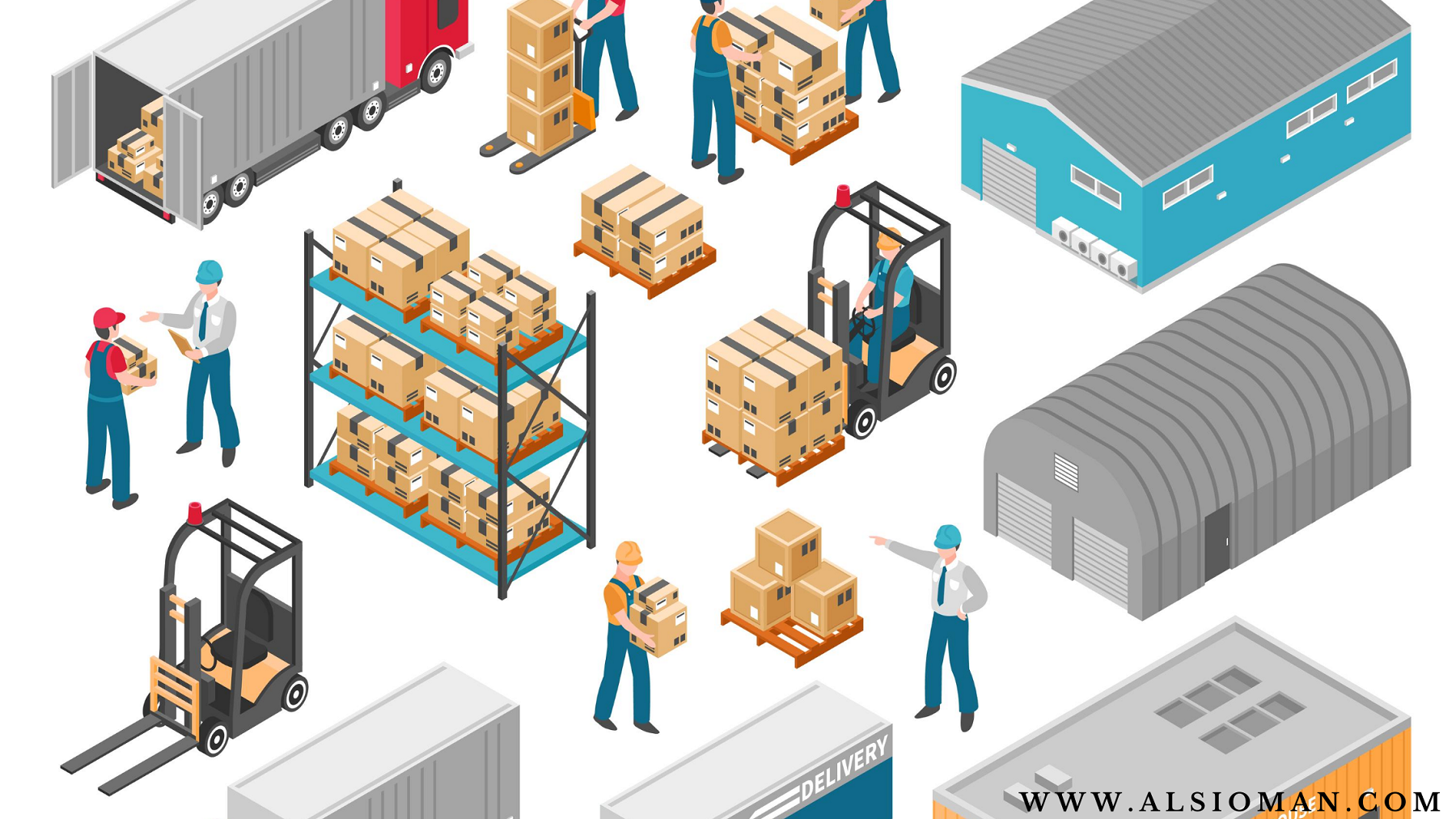Supply chain management has been a prime supporter of the world economy over the years. Though supply chain management seems to be a single large industry, in effect it is a combination of multiple sectors. Supply chain management involves five basic parts such as Planning, Purchasing, Manufacturing, Logistics and delivery, Returns.
Logistics and distribution are two interrelated terms in supply chain management. Because of the lack of knowledge on the underlying activities, logistics and distribution are quite commonly used interchangeably among people. Logistics companies and distribution companies perform two different sets of activities comprehending the movement of goods from source to destination.
What exactly is Logistics?
Logistics comprises the overall planning and execution of the transportation of goods from the source point to the destination. It also includes the efficient storage of goods so as to ensure the timely and safe delivery of products at the destination. Logistics companies are primarily involved in activities such as the flow of raw materials, packaging, transportation of goods, etc. Logistics aims at creating visibility to the entire supply chain management. It maintains the real-time flow of goods in and out of an organization so as to avoid any potential disruption.
The 7 major functions of logistics are
- Order processing – Logistics activities begin with the processing of an order placed by the buyers. This involves the documentation of the order detail such as the price, payment and delivery details, and the availability of the product, checking on any deviations and acknowledging the same. This is a crucial part of logistics because any mistakes in the order processing can significantly affect the whole logistic activities.
- Inventory management – Inventory management in logistics involves monitoring the sufficiency of inventories to meet customer requirements. This has to carefully undertake so as to simultaneously minimize the carrying cost without eating up the profit earned.
- Warehouse management – Another major logistics function is the proper management of warehouses. A warehouse is a storage area where finished goods stored. The primary aim of warehousing is the effective delivery of goods within the shortest span of time. Inappropriate warehouse management can directly impact the effectiveness of logistics companies.
- Transportation – transportation in logistics involves the movement of goods from the manufacturer to the dealer and from there to the end consumer. Transportation is a major logistics activity which is expensive compared to the other sectors. This is due to the increasing fuel price. The goods are transported through different transportation modes. Well planned warehousing and inventory management can reduce the expense to a great extent.
- Material handling and storage – Material handling and storage basically comes under inventory management. Utilizing the space effectively and optimizing the storage can ensure easy access to the products. The proper handling of material can reduce damages. The technological interventions have also enhanced the performance of the material handling and storage sector of the logistics companies.
- Packaging – Packaging in logistics refers to the safe packing of multiple goods without breakage or spilling throughout its journey to the destination. Minor damage in the product can cause heavy losses to the organization.
- Information control – Information control provides visibility to the entire movement of goods throughout the logistics company. It also involves the flow of information through the different sectors of the company. This enhances the customer relationship by providing a clear picture of the product all the way from its supplier.
Importance of logistics in supply chain management
The smooth running of an organization totally depends on the control and movement of goods. The careful analysis and the storage of goods moving in and out of the business is necessary for the ultimate success. This is why logistics has the utmost importance in supply chain management. Logistics raises the revenue of the business by ensuring the availability of the products to meet the increasing demand. Logistics also provides visibility to the entire journey of a product so as to control and coordinate the resources required for the smooth, timely, and safe delivery to the end customer.
Distribution
Distribution seems to be synonymous with logistics in supply chain management. The distribution also relates to the activities corresponding to the physical movement of goods from supplier to the end customer through a distribution channel. Similar to logistics distribution companies also involve processes such as warehouse management, inventory management, packaging, storing, etc. Distribution management aims at keeping things organized and customers satisfied.
An efficient distribution management system is important for the success of a distribution company. It helps in identifying the growth opportunities and competitiveness in the market. Distribution management has a pivotal role in the organization’s corporate longevity and financial success. The ultimate aim of distribution management is to effectively deliver the product to the right place at the right time without any damage. By adopting a strong distribution management strategy the whole process can be done efficiently and with ease.
Difference between Logistics and Distribution
As said earlier, both distribution and management are used interchangeably because of the synonymy in the activities performed. Though the process involved is similar, logistics and distribution vary a bit in supply chain management. Distribution is more of the distribution of finished goods from manufacturers to dealers and then to the end customers through a distribution channel whereas logistics involves the overall optimization of the inward and outward movement of goods, beginning from the initial raw materials. Different from distribution, logistics predominantly involves the flow of information throughout the organization. While logistics companies perform processes like order processing, transportation, inventory management, warehouse management, etc. distribution companies focuses on packaging, storing, vendor returns, and customer management. Keeping aside all the differences, it can be concluded that distribution is a process within logistics or more precisely distribution is a subset of logistics.










